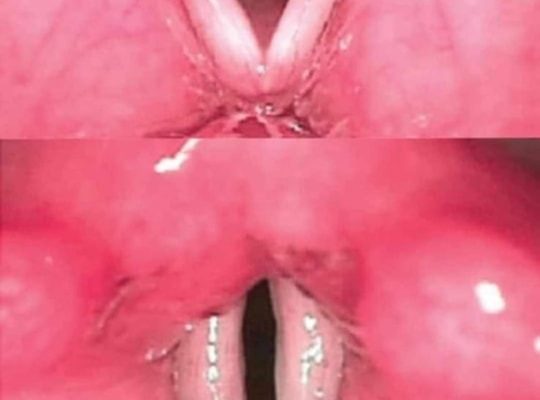
ST13. What is HPV? Symptoms, Prevention, and Why Vaccination Matters
What is HPV?
Human Papillomavirus (HPV) is a common virus that affects both men and women. It is one of the most widespread infections globally, with millions of new cases reported each year. HPV consists of over 200 related viruses, some of which cause warts, while others can lead to serious health issues.
HPV is categorized into low-risk and high-risk types. Low-risk types cause warts on different body parts, including the hands, feet, and other areas. High-risk types, particularly HPV-16 and HPV-18, are associated with certain health conditions. Understanding these distinctions is vital for recognizing the need for vaccination and prevention strategies.
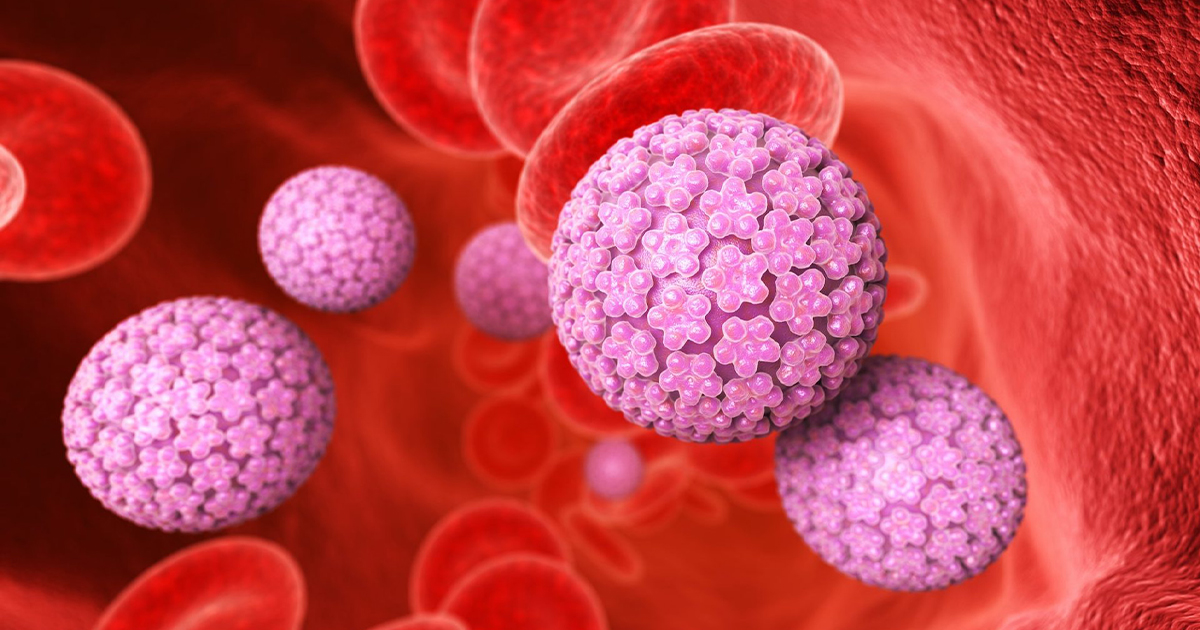
Symptoms of HPV
Most HPV infections do not cause noticeable symptoms, meaning individuals may carry the virus without knowing it. However, certain HPV strains can lead to:
- Common warts – Typically found on the hands and feet.
- Plantar warts – Hard growths that develop on the soles of the feet.
- Flat warts – Slightly raised lesions that often appear on the face, neck, or legs.
For high-risk HPV types, symptoms may not appear until the condition has progressed. Regular screenings are crucial for early detection and timely treatment.
How is HPV Transmitted?
HPV is primarily spread through close skin-to-skin contact. Since HPV is highly contagious, even individuals with no visible symptoms can carry and transmit the virus.
Risk factors that may increase the likelihood of HPV transmission include:
- Having multiple close contacts
- Not using protective measures during interactions
- Having a weakened immune system
- Direct contact with warts or affected skin
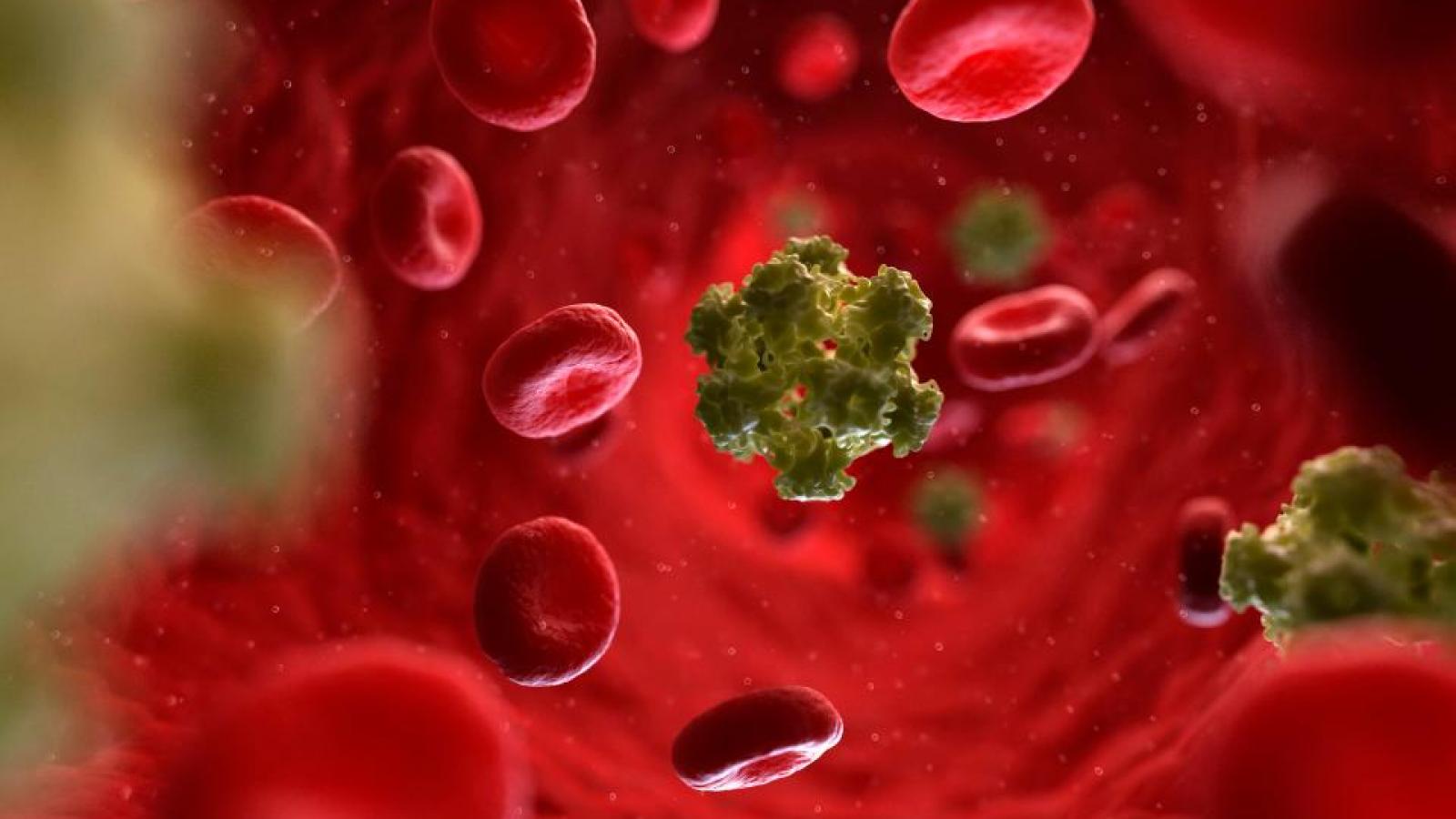
Prevention of HPV
- HPV Vaccination
The most effective way to prevent HPV-related health conditions is through vaccination. The HPV vaccine, such as Gardasil 9, protects against multiple high-risk strains. It is recommended for individuals aged 9 to 26, but adults up to age 45 can also benefit from vaccination. Vaccination is most effective when administered early.
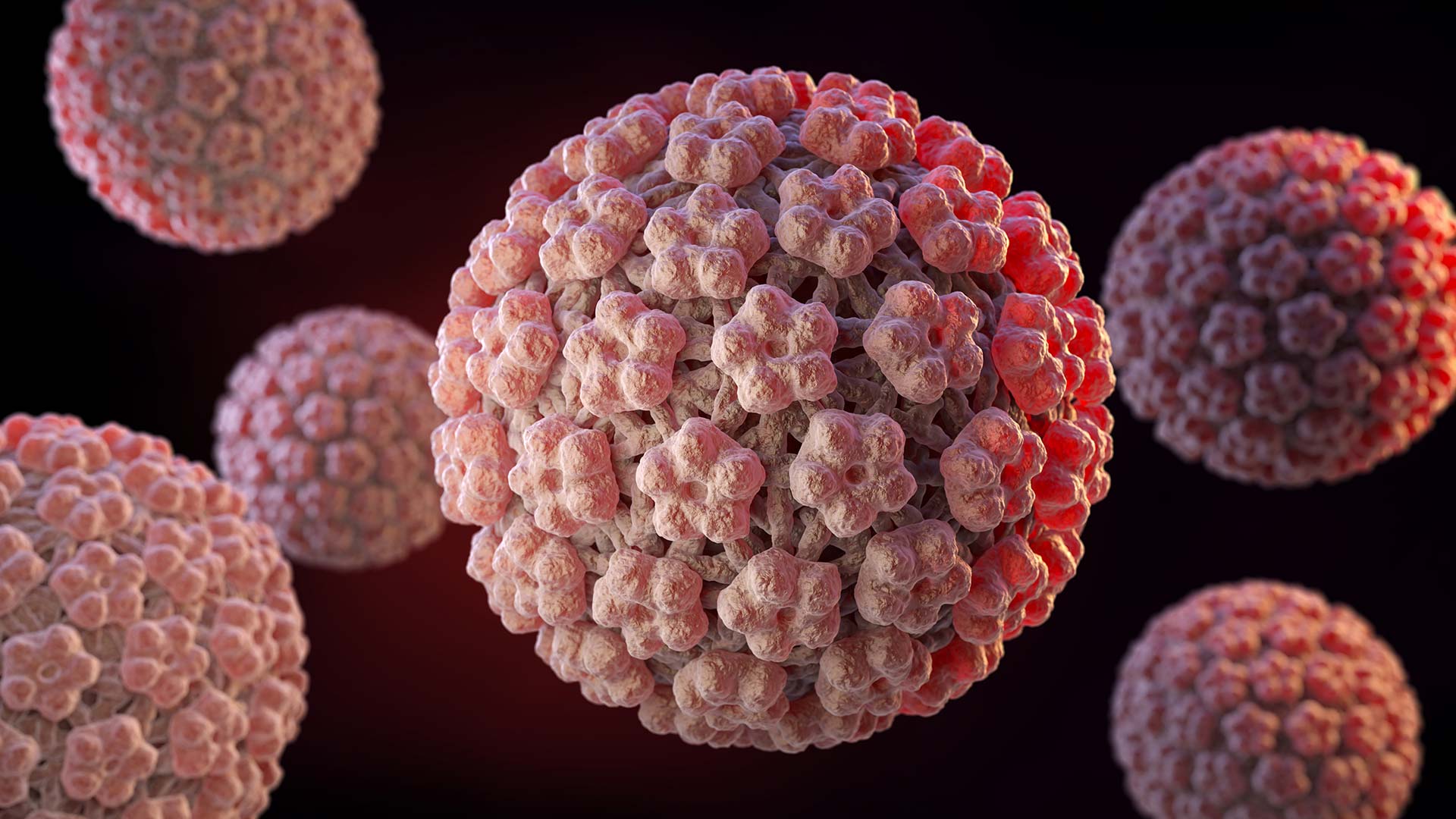
The vaccine is given in two or three doses, depending on age:
- A two-dose schedule for individuals aged 9–14, given six months apart.
- A three-dose schedule for those 15 and older, spaced over six months.
- Practicing Safe Habits
Using protective barriers during interactions can lower the risk of HPV transmission. However, since HPV can affect areas not covered by these barriers, they do not provide complete protection.
- Regular Health Screenings
Routine health screenings help detect abnormalities early, allowing for timely medical intervention. Regular check-ups are essential for maintaining overall health.
- Avoid Direct Contact with Infected Areas
Limiting direct contact with warts or affected skin can reduce the risk of transmission. Practicing good hygiene and avoiding shared personal items, such as towels and razors, can further lower the likelihood of infection.
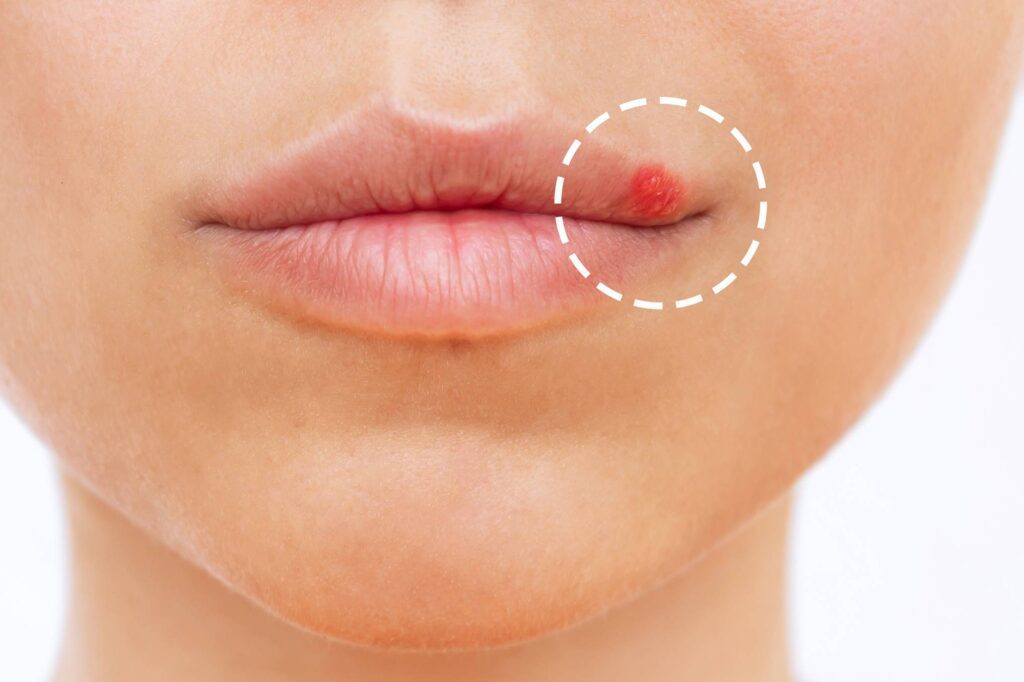
Why HPV Vaccination Matters
- Prevents Serious Health Issues
HPV is associated with various health conditions. Vaccination significantly reduces the risk of developing serious complications. Studies have shown that countries with high HPV vaccination rates experience a decline in HPV-related conditions.
- Reduces HPV-Related Health Complications
By preventing HPV infections, vaccination minimizes the need for medical treatments, procedures, and follow-up care.
- Protects Future Generations
Widespread HPV vaccination contributes to community protection, reducing overall transmission rates and safeguarding those who cannot receive the vaccine.
- Cost-Effective Public Health Strategy
Preventing HPV-related conditions through vaccination is more cost-effective than treating them. The financial burden of treatments and hospitalizations far outweighs the cost of a preventive vaccine.

Addressing Common Myths About HPV and Vaccination
Myth 1: Only Women Need the HPV Vaccine
HPV affects both men and women, and the vaccine protects against conditions that impact all individuals. Men can also develop HPV-related health issues, making vaccination equally important for them.
Myth 2: The HPV Vaccine Encourages Risky Behavior
There is no evidence that receiving the HPV vaccine leads to changes in behavior. The vaccine is purely a preventive measure against health complications.
Myth 3: HPV Infection is Rare
HPV is incredibly common. According to health experts, a significant percentage of individuals will contract HPV at some point in their lives.
Myth 4: The HPV Vaccine is Unsafe
Extensive research and clinical trials confirm that HPV vaccines are safe and effective. Side effects are generally mild and include soreness at the injection site, mild fever, or headaches.
Conclusion
HPV is a widespread but preventable virus that can cause serious health complications. Vaccination, safe practices, and regular screenings are essential in preventing HPV-related conditions. The HPV vaccine is a safe and effective tool in reducing health risks. By taking proactive steps, individuals can protect themselves and future generations. Raising awareness about HPV and the benefits of vaccination is crucial in promoting public health and reducing the burden of HPV-related conditions.
